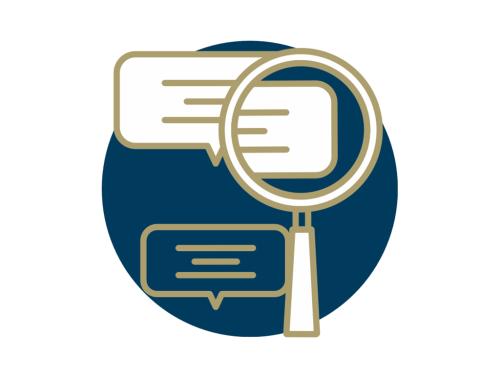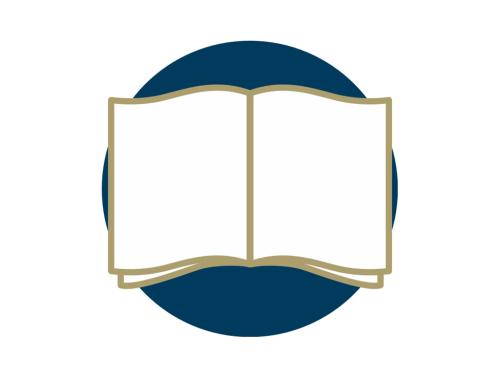Whose Benefits Are They, Anyway? Examining the Benefits of Energy Efficiency Rules 2007 - 2014


The GW Regulatory Studies Center scholars regularly conduct applied research to understand regulatory policy and practice from a public interest perspective. Our content often takes the form of public interest comments, formal testimony, working papers, policy insights, and short commentaries analyzing the most pressing issues in regulatory policy. View the rest of our material by the different types of publications listed on this page or our research areas.

Long-form publications intended for academic audiences that take a deep dive into a particular aspect of regulatory policy.

Scholarly analysis of the potential effects of particular rulemakings from federal agencies, and advice to Congress on how to improve the rulemaking process.

Short-form publications intended for all audiences which provide easy to access analysis of regulatory policy.

Formal publications, often completed with other leading organizations and individuals, providing a thorough understanding of regulations and the rulemaking process.

The weekly Regulation Digest contains everything you need to know about regulatory policy today, and our monthly Center Update gives you all of the latest from our team.
For accessible charts and supporting data that you can use in your own publications or presentations, visit the Reg Stats page.
Agencies could work more consistently to identify which regulations are likely to have a significant effect on international trade and investment.
The Role of Transparency in Regulatory Governance
This article examines the transparency of procedures in the US and the EU related to impact analysis and public comment. It examines the importance of transparency for ensuring the effectiveness of these two regulatory practices, summarizes regulatory procedures in the US and the EU, compares the different approaches, and highlights the relative merits of each.
Considering the Cumulative Effects of Regulation
Ex-ante regulation-by-regulation analysis may not account for the cumulative effect of regulations on society or specific sectors of the economy.
NRC's Financial Qualifications for Reactor Licensing
In June 2015, the Nuclear Regulatory Commission sought public comment on a draft regulatory basis for a proposed rulemaking to amend the financial qualifications standard for new reactor licensing from the current “reasonable assurance” to the proposed “appears to be financially qualified.” I appreciate the opportunity to comment and encourage NRC to proceed with the proposed rulemaking.
Learning from the Past: It's Time to Reevaluate the Renewable Fuel Standards
Congress should reevaluate whether the Renewable Fuel Standard is accomplishing its intended goals.
EPA's Proposed Renewable Fuel Standards for 2014, 2015, and 2016
As a part of its Renewable Fuel Standard (RFS) program, the Environmental Protection Agency is proposing biofuel blending targets for 2014, 2015, and 2016. The RFS requires refiners to blend specific amounts of renewable fuels into transportation fuel, such as gasoline and diesel.
Regulatory Pay as you Go: Lessons from Other Countries
Different strategies and tools have been used to control the aggregate regulatory costs of new regulations and to reduce the burden of existing ones.
Hogan’s Had It with Burdensome Regulations
Maryland Governor Larry Hogan announced the establishment of a new Regulatory Reform Commission to combat regulatory burdens.
